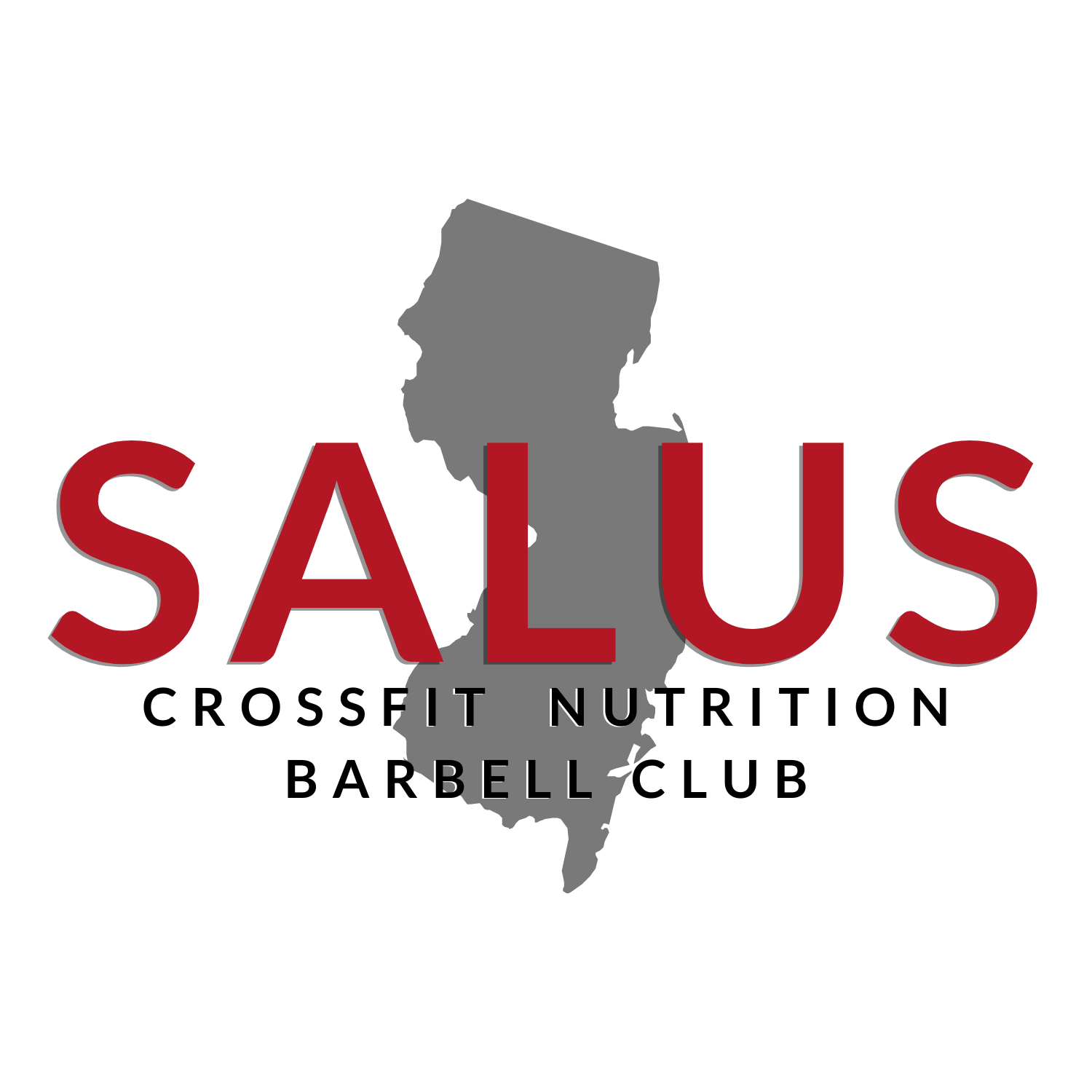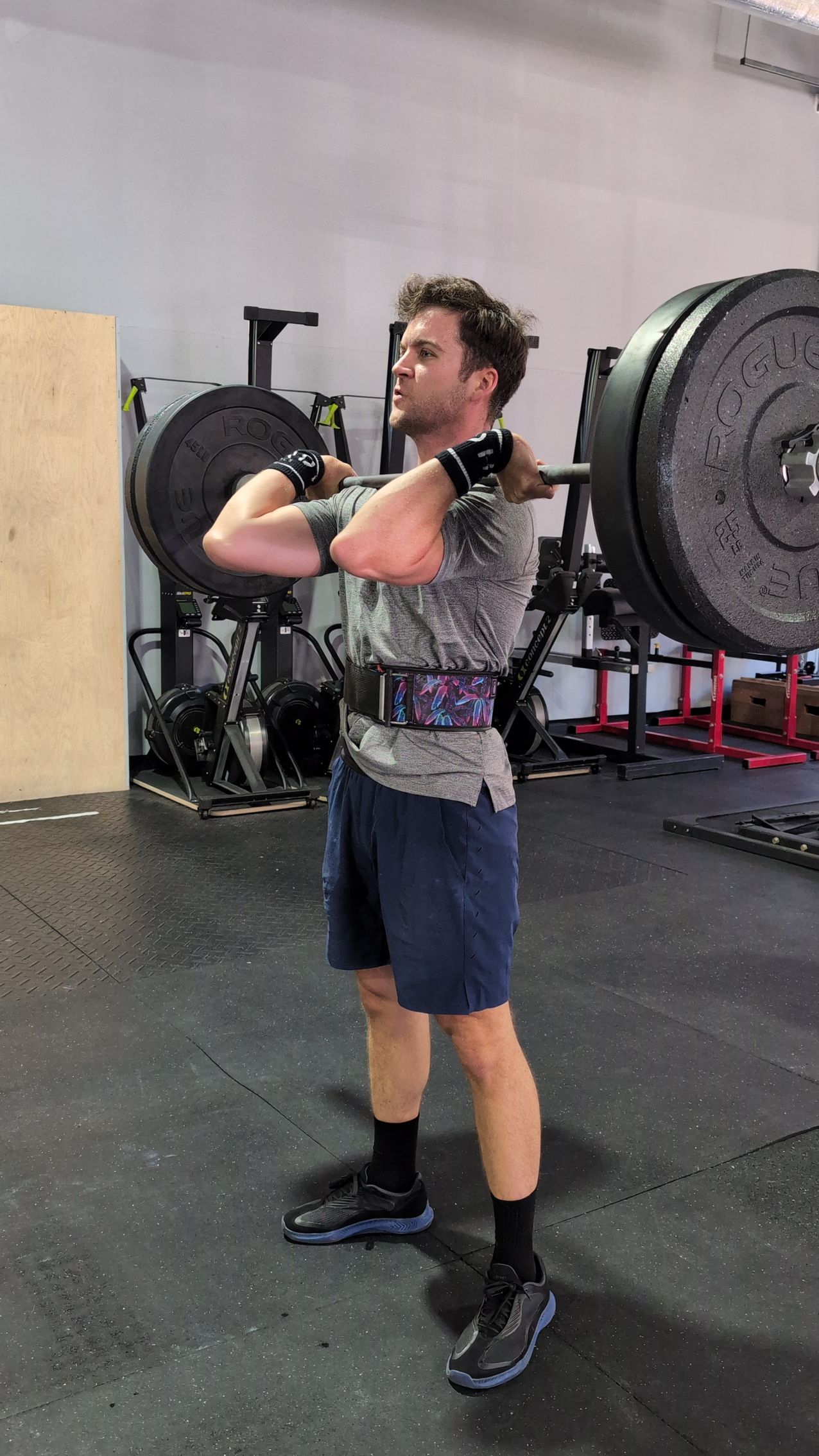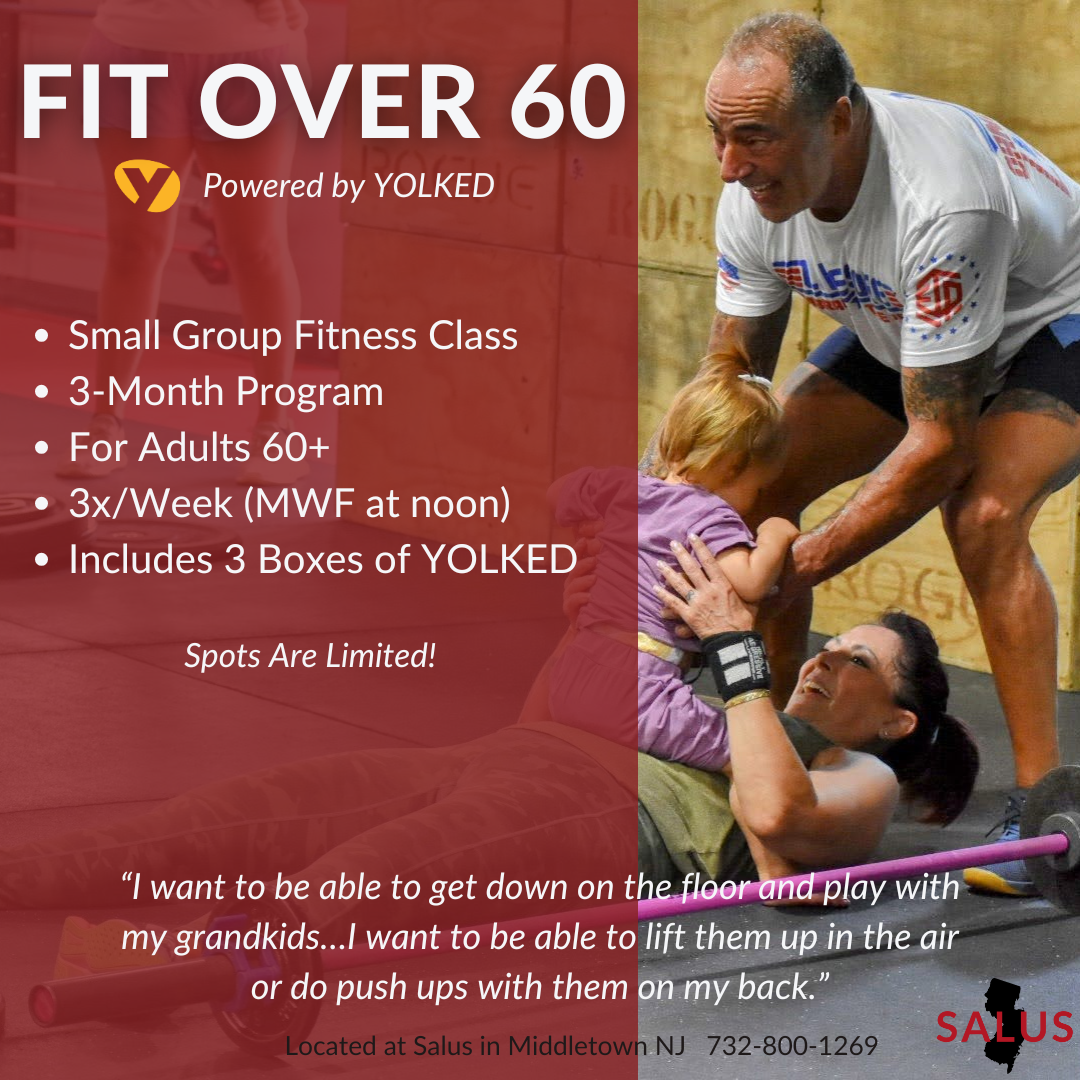Maintaining Your Health & Nutrition During Travel
Vacations and traveling can put a damper on our health and nutrition goals in more ways than one. From added stress and interrupted sleep to more time seated and limited healthy food options, it’s frustrating to lose all the momentum you’ve gained recently.
Don’t let one week undo all your progress and detour you from your goals. Maintaining health and nutrition during travel is easier than you may think.
How? You just need to get a little creative with your choices and (gasp) be OK with plan B.
Here are a few travel tips to help you stay healthy, keep stress low and actually enjoy your time away.
Exercise (Or Not?)
If traveling tends to create a lot of stress for you (packing, airport security, delays, etc.) adding in high intensity exercise may not be the best idea. Vacations are an optimal time to take a recovery week, not the time to compromise sleep just so you can squeeze in an before sunrise workout.
But, if your schedule is flexible and you’re not under a lot of stress, I recommend making your workout a priority!
When you’re out of your normal routine, this is a great opportunity to switch things up and get creative. Add in more body weight movements, drop in a a local box or add in more mobility work. Additionally, you can go for a jog to familiarize yourself with the area, get your blood flowing and enjoy some fresh air, which can all help you reduce stress.
Recovery
Mentioned above, time away is a good opportunity to get the quality rest that your body needs and deserves. As you’re aware, quality sleep is essential for the basic functioning of your neurological, immune, digestive and endocrine systems. It also does wonders for your hormones…which is directly related to weight-loss goals, performance goals and so much more.
If you’re in a hotel room, blackout the windows as much as possible, bring your eye mask, unplug any unnecessary alarm clocks and nightlights, keep the room temperature cool and unplug from your phone and TV at least an hour before bed.
Stick to your normal bedtime routine – that means if you normally shower, read and stretch before bed at home, you should do that in your hotel room as well.
Traveling is also an optimal time to focus on mobility and lots of stretching. Check out MobilityWOD, GOWOD Mobility First or RomWod if you need some guidance.
Reduce Jet Lag
If you’re traveling to a different time zone that last longer than one week, consider moving all of your activities, such as meals and bed times, up by an hour for a few days before your departure date. For any shorter trips that last shorter than a week, try to stay on your home time zone as much as possible.
Stay hydrated (even more than usual) – that means avoiding caffeine and alcohol.
Once you arrive to your destination, try to get exposure to early morning sun, which helps to rest your body’s circadian rhythm.
Nutrition On-The-Go
Airplane food is never optimal if you’re focused on quality nutrition. To ensure you get sufficient fuel, prepare plenty of healthy and convenient snacks and a to-go meal.
I typically pack:
- Crudites (carrots, celery, cucumber, peppers, snap peas)
- Fresh fruit (apples, oranges, grapes…also very hydrating)
- Jerky (ex: Epic Bars)
- Protein Powder in zip lock bags (remember your shaker bottle)
- Bars (ex: RXBar, Lara Bar, Joes)
- Nuts and dried mango (no sugar added)
- Tea bags (herbal and green)
- Reusable water bottle to fill up after I get through security
If I’m traveling during a mealtime, I usually pack a big salad with chicken to eat on the plane.
Tip: if you toss in frozen veggies, like peas, that will help to keep the meal chilled until it’s time to eat.
Eating Once You’re There
Before your trip, do your research to map out healthy restaurants near you. Having a plan of attack before you land will help to reduce any anxiety about where to eat and what to eat on vacation. Search on Google for keywords like “healthy,” “paleo,” “local,” “gluten-free,” etc. Scope out menus in advance and even call the restaurants to see what substitutions they are willing to make.
Consider a trip to a nearby grocery store or market to pick up healthy snacks and mini-meal options. Or check out if AmazonFresh or InstaCart will deliver to your area.
Be OK with Plan B
Your brain likes a plan, but there’s only so much you can control when you’re traveling. The best thing you can do is go with the flow and be OK with plan B (and C & D). Don’t stress about being perfect with your nutrition when traveling or fitting in your workout.
Stress, by the way, is one of the biggest causes of digestive problems. That means that even if you’re eating clean, but you’re stressed out of your mind, you’re hindering the absorption of vital nutrients you’re attempting to get from a whole food diet.
A few years ago, we went on a “vacation” to Disney World with our 8 year old twins. For those of you who have been to Disney, know it’s not much of a relaxing vacation (at all). One big thing I learned on this trip is not to not allow the weight of the things we cannot control to hold us back. There’s freedom and there’s power in letting go.
Instead, I focused my energy on the things I could control. The chaos, the rain, the lines…those were all OUT of my control. I stayed the course with my nutrition as much as possible, got super creative with my choices and was very selective with any indulgences. Mickey waffle with fake syrup? No thanks. Chocolate covered strawberry? Yes, please!
Listen, when you’re out of your routine, you’re presented with a unique temptation to give in, but I encourage you to hang in there and be selective of what you choose to indulge in. You’ll have more energy and be much happier when you get back. And while you’re away, strive for progress… not perfection, remember to keep celebrating small victories and be thankful for the challenges — as they are opportunities to learn and improve.
The post Maintaining Your Health & Nutrition During Travel appeared first on Salus.





